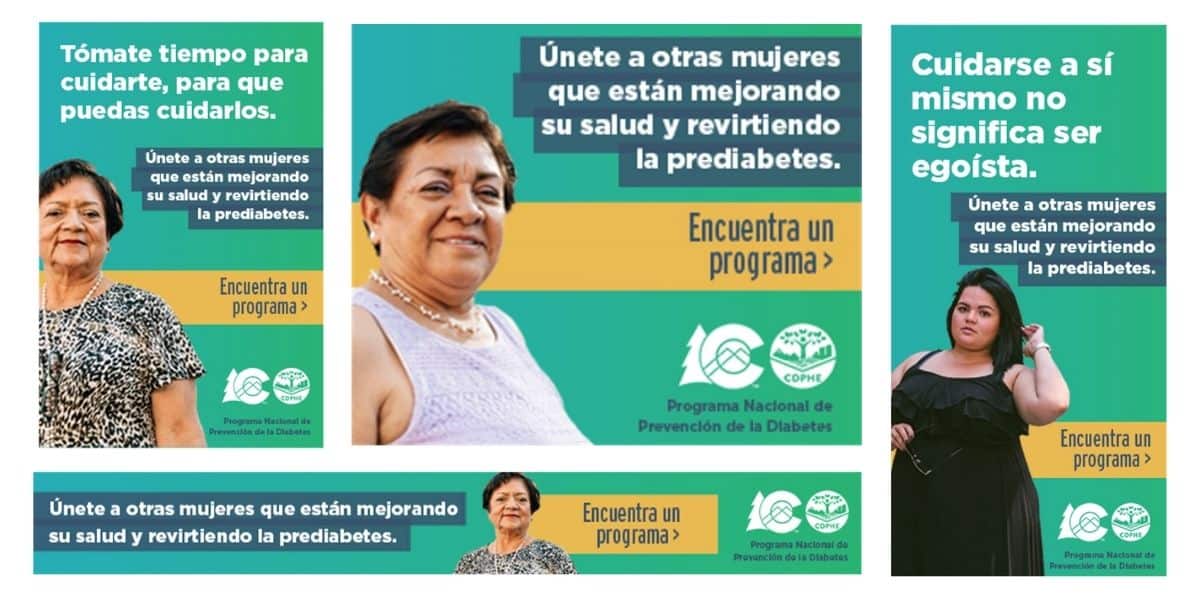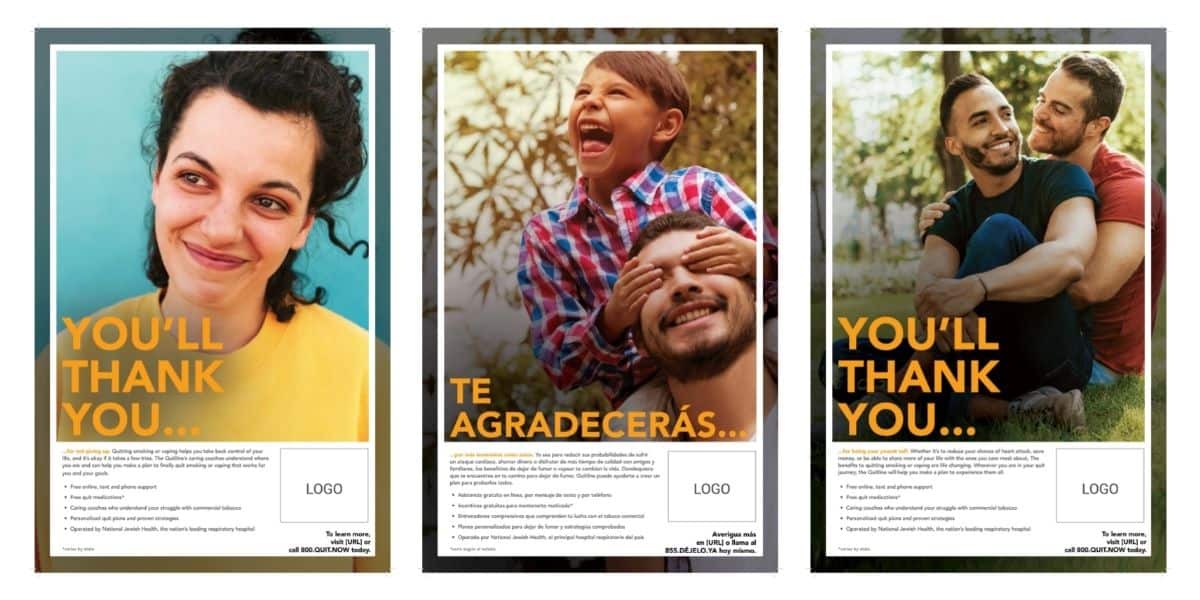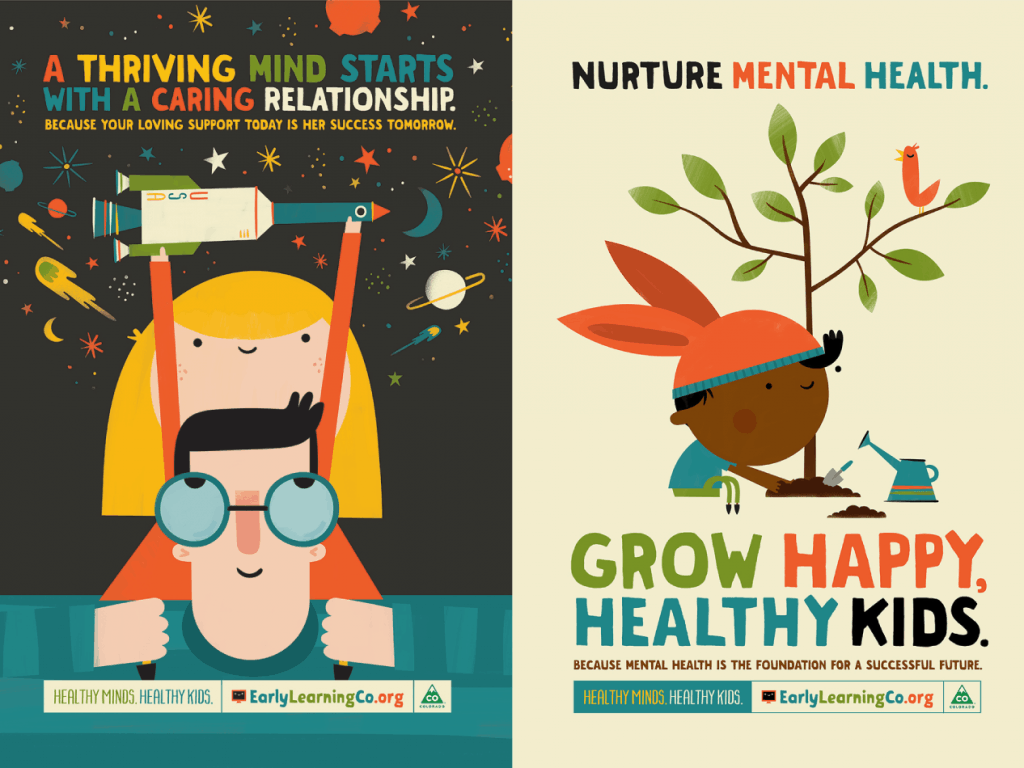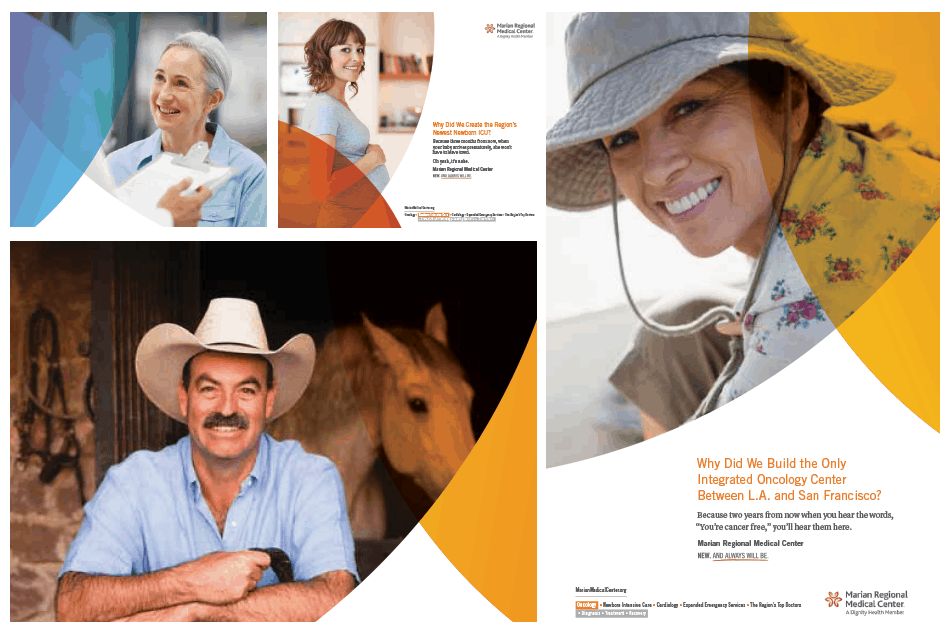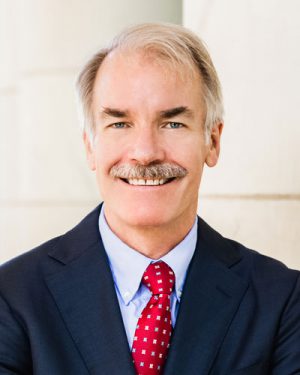
Renny Fagan is the president and CEO of the Colorado Nonprofit Association, which has 1,300 member nonprofit organizations across the state. The Association provides knowledge, resources and advocates for the entire nonprofit sector. Fagan is a former member of the Colorado House of Representatives and has served in other high-level positions for the state.
SE2: What are the biggest challenges and opportunities facing nonprofits in the next five, 10 and 20 years?
Fagan: The most immediate change is federal tax reform. The doubling of the standard deduction means that many fewer taxpayers will need to itemize. The charitable deduction was adopted in 1917 and has become part of the culture of giving. While Coloradans will continue to be charitable, there will be a sizeable group for whom the amount of their donation will no longer be incentivized by a federal tax benefit. Estimates are that charitable contributions will be reduced by 5 percent in Colorado, or $250 million. Nonprofits will need to modify their practices and pitches to adjust to a new world.
Another aspect of the reform is that it will grow the deficit significantly, and Congress will have to address that in some way – most likely by reducing domestic spending. That directly impacts nonprofits that deliver federally funded programs. For individuals whose benefits are reduced, the need for philanthropic services will increase. It will be a challenge over the next several years to navigate through that.
Taking a longer view, I think the future will bring a blending of the nonprofit sector and for-profit sector around how social change is achieved. We see the trend of public benefit corporations starting to build, where part of the business mission is a social or environmental mission. This trend is propelled by younger generations of consumers, in particular, who want companies to have a social presence. Impact investing is also taking hold – where investors support socially oriented organizations and initiatives in order to achieve both social impact and a financial return. These are changes that could drive social change and community development in a way that we haven’t seen before, yet I think there will always be a place and purpose for traditional community-based nonprofits.
SE2: How will Colorado Nonprofit Association, and nonprofits in general, need to adapt to meet future challenges?
Fagan: In the near term we will educate nonprofits about the impacts of federal tax reform and the opportunity it presents to broaden the advocacy involvement of all nonprofits. One of the lessons from tax reform is that we in the nonprofit community need to strengthen our advocacy efforts and relationships with elected officials. Successful advocacy is about establishing relationships with elected officials so your messages are seen as credible and stand out among all the different interest groups that approach elected officials. That is a primary role of the Colorado Nonprofit Association, but there is a role for individual organizations too.
The fact is, nonprofits are problem solvers and that’s what public officials are, as well. But there is often a gap of understanding between the two worlds that nonprofits should work to close through relationship building. When nonprofits engage public officials, the key is to demonstrate their importance to the community – and be persistent. Remember, it’s a two-way street. If nonprofits can give elected officials contact with voters, then it becomes a relationship of mutual benefit.
SE2: What is the greatest value that CNA provides members? How has this changed over time and how do you expect it to evolve?
Fagan: When we have policy issues – like tax reform – that impact nonprofits overall, that is where the value of Colorado Nonprofit Association is greatest. Organizing the nonprofit voice is the role we play, the role we have played throughout our history, and that isn’t going to change.



